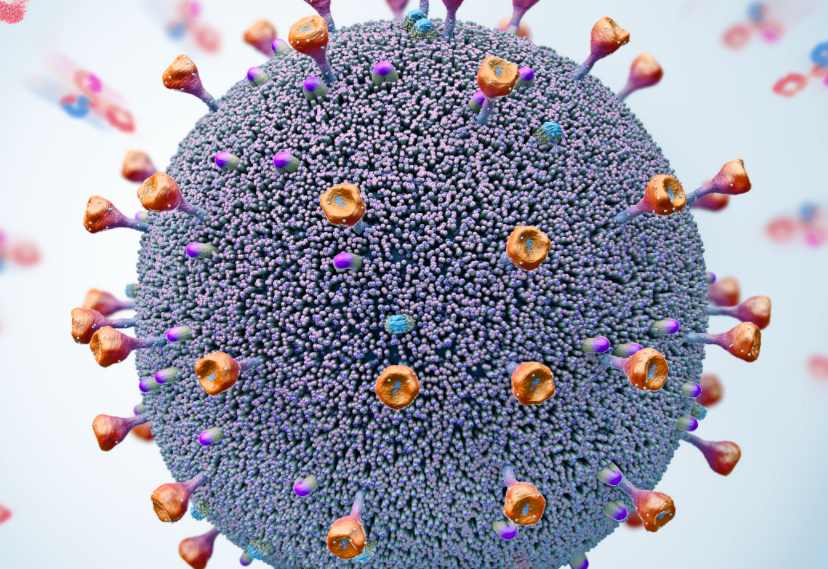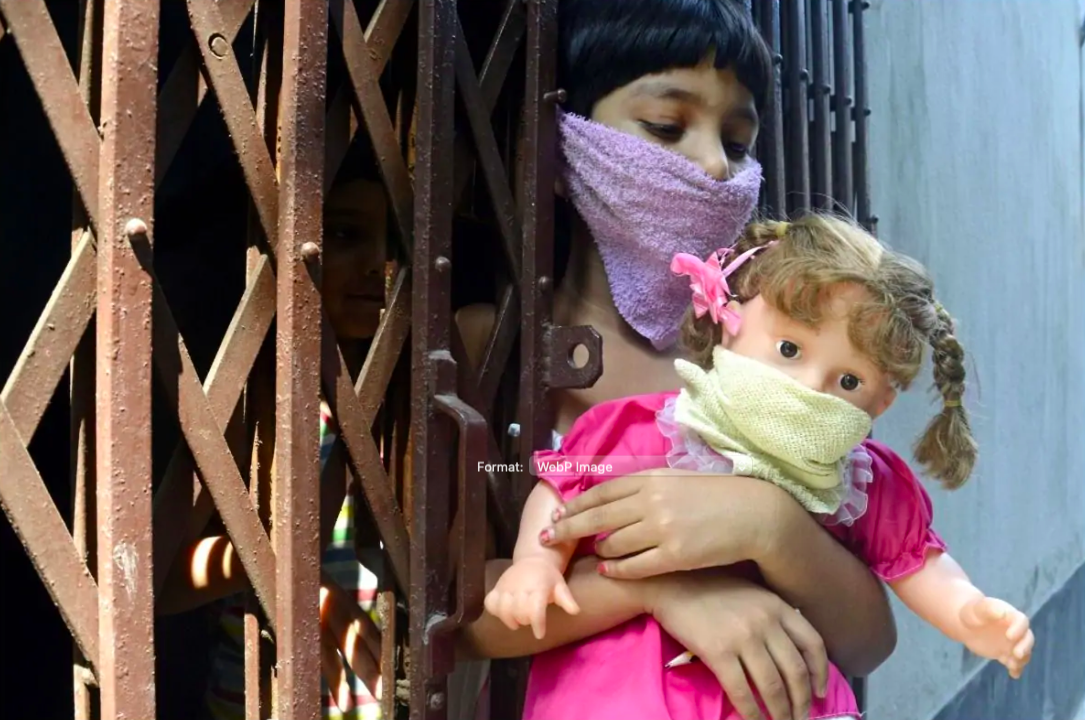While fewer children have been sick with COVID-19 compared to adults, children can be infected with the virus that causes COVID-19, can get sick from COVID-19, and can spread the virus that causes COVID-19 to others. Children, like adults, who have COVID-19 but have no symptoms (“asymptomatic”) can still spread the virus to others.

Most children with COVID-19 have mild symptoms or have no symptoms at all. However, some children can get severely ill from COVID-19. They might require hospitalization, intensive care, or a ventilator to help them breathe. In rare cases, they might die.
CDC and partners are investigating a rare but serious medical condition associated with COVID-19 in children called Multisystem Inflammatory Syndrome in Children (MIS-C). We do not yet know what causes MIS-C and who is at increased risk for developing it.
Babies under 1 year old and children with certain underlying conditions may be more likely to have severe illness from COVID-19.
Babies under 1 year old might be more likely to have severe illness from COVID-19. Other children, regardless of age, with the following underlying medical conditions might also be at increased risk of severe illness compared to other children:
- Asthma or chronic lung disease
- Diabetes
- Genetic, neurologic, or metabolic conditions
- Sickle cell disease
- Heart disease since birth
- Immunosuppression (weakened immune system due to certain medical conditions or being on medications that weaken the immune system)
- Medical complexity (children with multiple chronic conditions that affect many parts of the body, or are dependent on technology and other significant supports for daily life)
- Obesity
This list does not include every underlying condition that might increase the risk for severe illness in children. As more information becomes available, CDC will continue to update and share information about risk for severe illness among children.
If your child has an underlying condition, make sure to discuss your child’s potential for getting very sick with their healthcare provider. Symptoms of COVID-19 are similar in adults and children and can look like symptoms of other common illnesses such as colds, strep throat, or allergies. The most common symptoms of COVID-19 in children are fever and cough, but children may have any of these signs or symptoms of COVID-19:
Also Read: Why are coronavirus cases falling in India
- Fever or chills
- Cough
- Nasal congestion or runny nose
- New loss of taste or smell
- Sore throat
- Shortness of breath or difficulty breathing
- Diarrhea
- Nausea or vomiting
- Stomachache
- Tiredness
- Headache
- Muscle or body aches
- Poor appetite or poor feeding, especially in babies under 1 year old
What you can do
Pay particular attention to:
- Fever (temperature 100.4 °F or higher)
- Sore throat
- New uncontrolled cough that causes difficulty breathing (for a child with chronic allergic/asthmatic cough, see if there is a change from their usual cough)
- Diarrhea, vomiting, or stomachache
- New onset of severe headache, especially with a fever
Keep track of who your child comes into close contact with
If your child or you were around someone who has COVID-19, someone from the health department may contact you for contact tracing. Speak with them and follow their advice.
Take steps to protect your child if you are sick and slow the spread of COVID-19.
If your child has symptoms and may have been exposed to the virus that causes COVID-19 or has been in an area where the virus is spreading,
- Keep your child home
- Call your child’s healthcare provider to discuss whether your child needs to be evaluated or tested for COVID-19. If you suspect that your child or someone they know has COVID-19 or has come into close contact with someone who has COVID-19, visit Coronavirus self-checker. This online tool will help you decide when to seek testing or medical care for your child.
- Protect yourself from COVID-19 while caring for your child
- Notify your child’s school that your child is sick. Also inform the school if your child has had a COVID-19 test and what the result is, if available.
- Review your child’s school (or other childcare facility) policies related to when a child who has been sick can return
- Bring your child back to school or other in-person activities only after they can safely be around others
If your child is sick but a healthcare provider tells you that your child does not have COVID-19, your child may still need to stay home. Discuss this with your child’s healthcare provider and review your child’s school or childcare facility’s policies to know when your child can return to school or other in-person activities.
Also Read: Vaccination drive: India’s one million shots in 6 days is world’s fastest rollout
In a medical emergency, bring your child to the emergency department.
Do not delay seeking emergency care for your child because you are worried about the spread of COVID-19. Emergency departments have infection prevention plans to protect you and your child from getting sick with COVID-19 if your child needs emergency care.
If your child is showing any of these emergency warning signs, seek emergency medical care immediately.
- Trouble breathing
- Pain or pressure in the chest that doesn’t go away
- New confusion
- Can’t wake up or stay awake when not tired
- Bluish lips or face
Read More: Coronavirus: Pregnant women can transfer antibodies to their babies, study claims
This list does not include all possible symptoms.
Call your child’s healthcare provider for any other symptoms that are severe or concerning to you.
Source: CDC
You May Like:
Can children get Covid-19 vaccine yet?
There’s a lot of debate going on in the world about vaccination. Whereas most of the countries have started with the first wave of vaccination and other countries are on the verge of starting the vaccination, the world is confronted with the big question: Read More:
![]()




